An ancient Indian herb called ashwagandha is attracting a lot of attention, including the possibility that it might help combat long Covid.
Editor Jane Garton discovers what all the noise is about.
Ayurvedic Medicine
Used in Ayurvedic medicine for 3,000 years to promote youthful vigour and enhance muscle strength and endurance, an increasing number of studies now suggest ashwagandha can also help relieve fatigue and ease stress as well as boosting wellbeing in both men and women.
Trial investigating how ashwagandha can help symptoms of long Covid
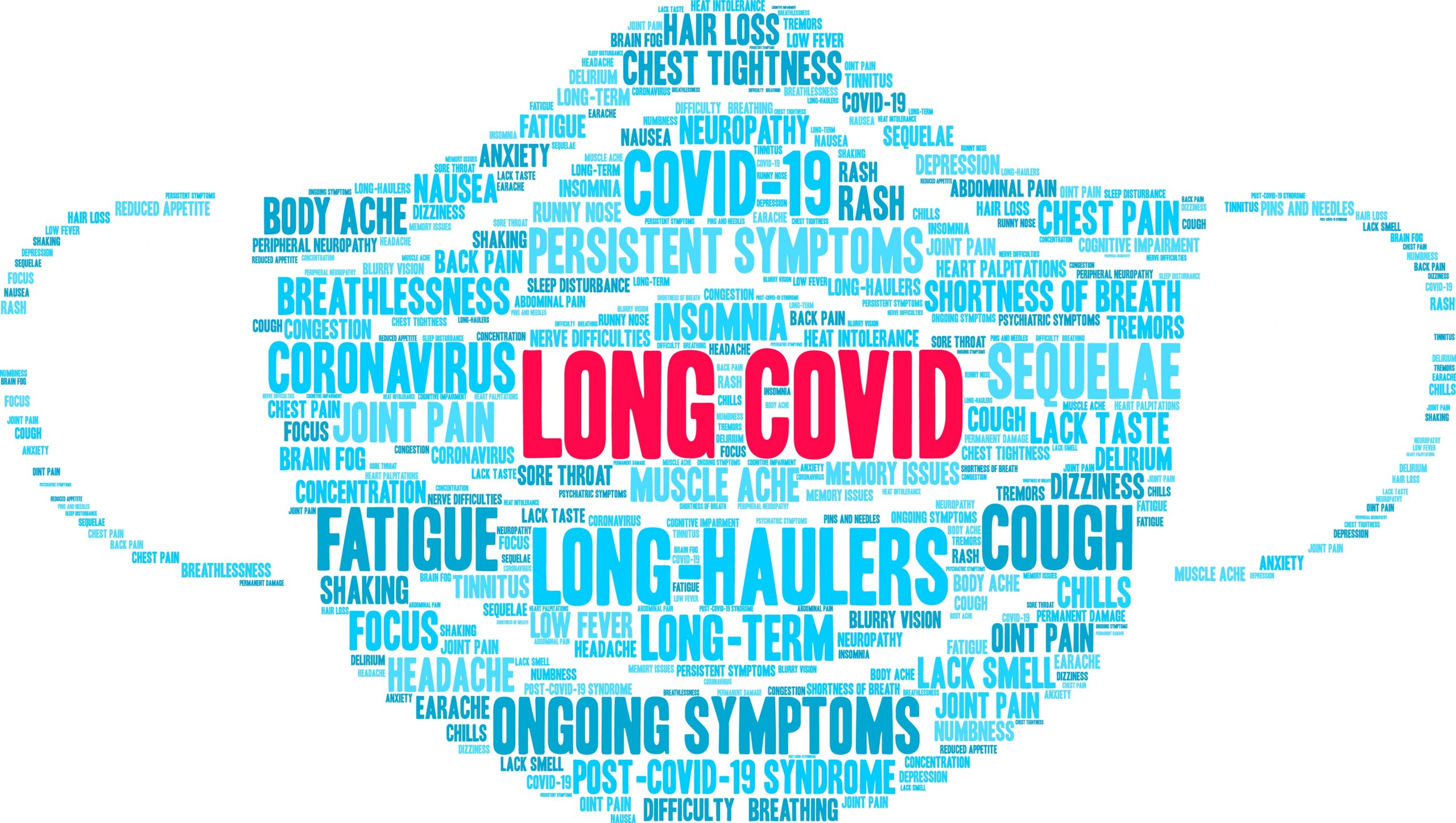
And now a trial has been set up by The London School of Hygiene & Tropical Medicine (LSHTM) and the Ayush ministry’s All India Institute of Ayurveda (AIIA), to investigate whether this traditional Indian herb can help with fatigue, anxiety, brain fog, insomnia and other symptoms associated with long COVID.[i]
The trial, studying 2,000 people with long Covid, will examine the effects of taking 500mg ashwagandha tablets twice a day for three months. Participants will be asked to report monthly on their quality of life, their ability to perform daily tasks, their mental and physical symptoms and use of other supplements, as well as any adverse effects.
How does ashwagandha work?
Also known as winter cherry, it contains a wealth of plant chemicals. These include withanolides, a group of plant chemicals, which work in a similar way to steroids, to which many of the health benefits of ashwagandha are now attributed.
Ashwagandha is also well known as an adaptogen, meaning it helps restore physical and mental balance. It is widely used to boost energy, reduce stress, and strengthen the immune system.
“Ashwagandha has been shown to reduce symptoms of other conditions that are similar to those of long COVID, so we are hopeful that it will be an effective way to combat the condition,” says Dr Sanjay Kinra, Professor in Clinical Epidemiology at LSHTM and Principal Investigator on the study.
What else can ashwagandha be used for?
Stress
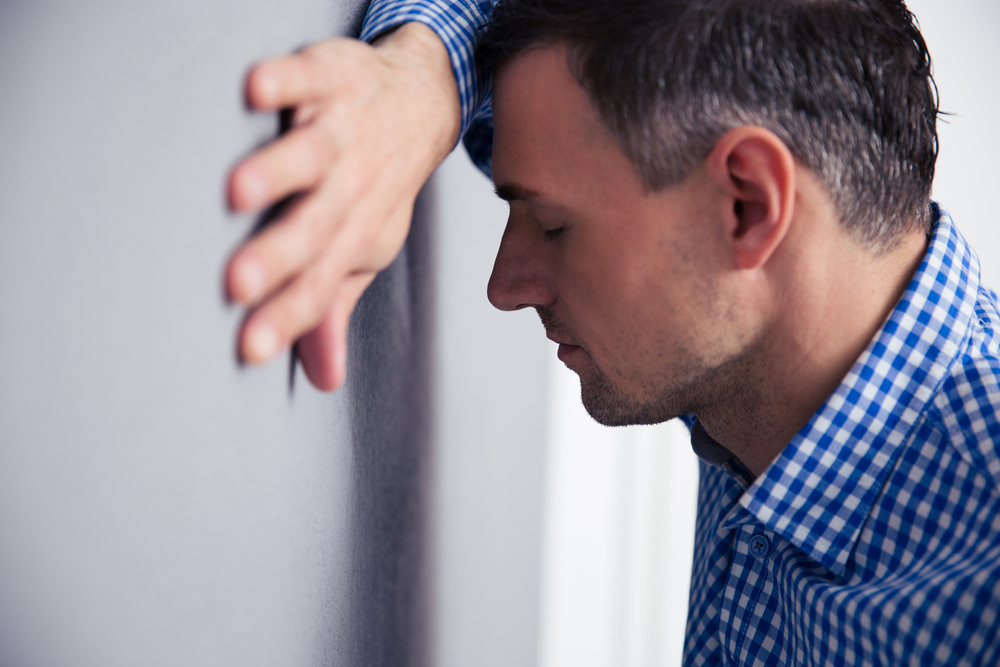
One 2012 study of 64 adults[ii] with chronic stress found that taking two capsules of ashwagandha root a day for 60 days helped decrease stress levels by 44% and reduced the stress hormone cortisol by about 28%.
Female sexual dysfunction
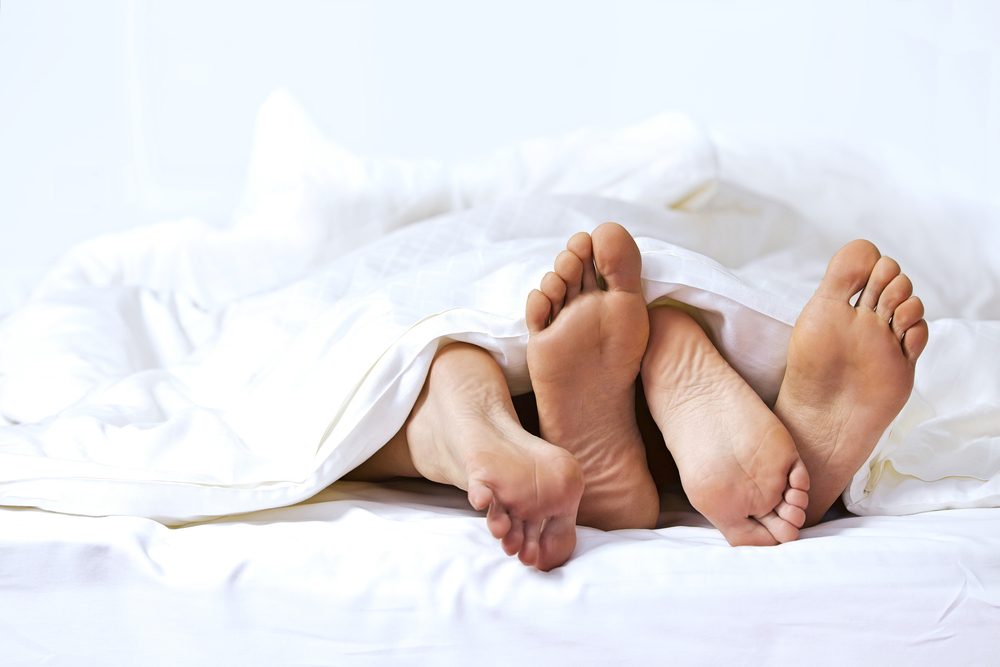
According to a 2015 study[iii] of 50 healthy women, those who took concentrated oral doses of ashwagandha reported having more orgasms and more satisfying sex. The authors suggest this could have been due to the herb’s stress-reducing effects as well as its role in boosting the sex hormone, testosterone.
Joint pain
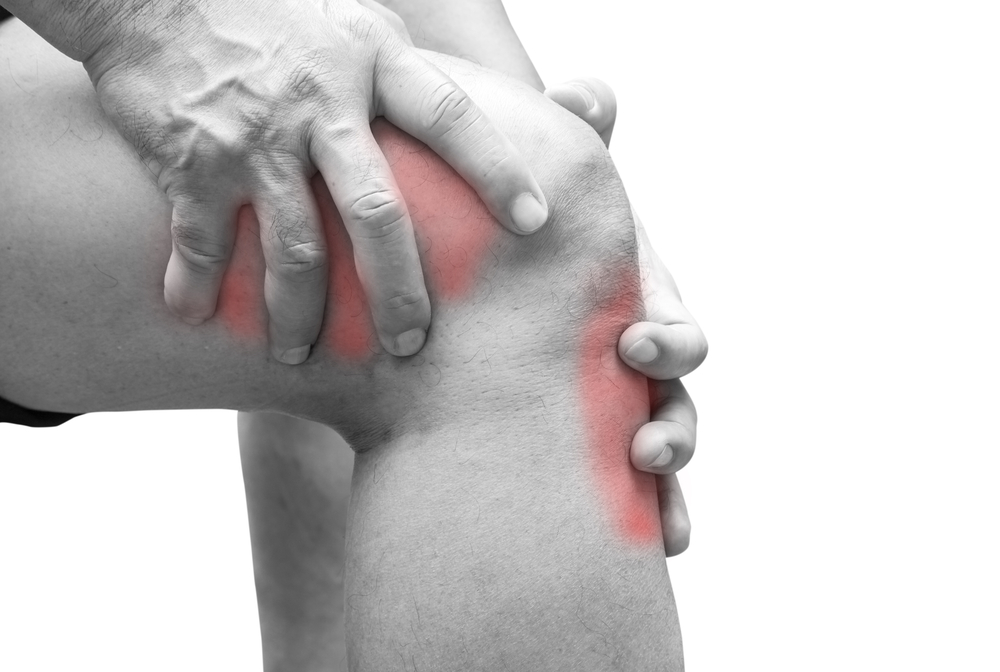
Another small study reported in the Journal of Ayurveda and Integrative Medicine[iv] suggests that ashwagandha can help soothe joint pain and swelling associated with arthritis – a result the authors attribute to the pain-relieving and cartilage-protective effects of withanolides and other plant chemicals.
Sleep
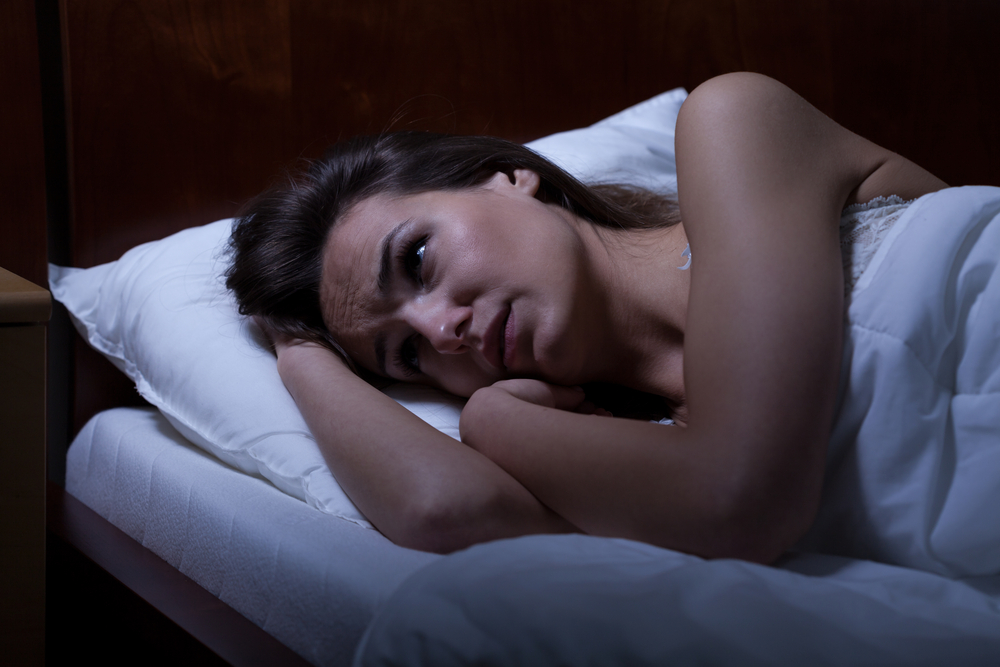
Ashwagandha has long been used in Ayurvedic medicine to help promote sleep. Indeed, the somnifera part of its botanical name, Withania somnifera, is derived from the Latin word for sleep. A recent study in animals[v] suggests that triethylene glycol, another plant chemical found in its leaves, may be the magic ingredient that improves sleep quality.
Strength

Ashwagandha is often used by athletes to help boost physical performance. This appears to be confirmed in a study of 57 men aged between 18-50 years old who took ashwagandha root extract twice daily. They saw significant increases in muscle mass and strength when they undertook a resistance training programme compared with those who took a placebo.[vi]
Watchpoint: Ashwagandha should not be taken if you are pregnant or breastfeeding.
[i] https://www.lshtm.ac.uk/newsevents/news/2021/can-traditional-indian-herb-promote-recovery-long-covid
[ii] Chandrasekhar K, Kapoor J, Anishetty S. A prospective, randomized double-blind, placebo-controlled study of safety and efficacy of a high-concentration full-spectrum extract of ashwagandha root in reducing stress and anxiety in adults. Indian J Psychol Med. 2012 Jul;34(3):255-62.
[iii] Swati Dongre, Deepak Langade, Sauvik Bhattacharyya. Efficacy and Safety of Ashwagandha (Withania somnifera) Root Extract in Improving Sexual Function in Women: A Pilot Study. https://www.hindawi.com/journals/bmri/2015/284154/
[iv] Ramakanth GSH, Uday C, Kumar P et al. A randomized, double blind placebo controlled study of efficacy and tolerability of Withaina somnifera extracts in knee joint pain. Journal of Ayurveda and Integrative Medicine. 2016. Jul-Sept; 7 (3): 151-157. https://www.sciencedirect.com/science/article/pii/S0975947616300298#!
[v] Kaushik MK, Kaul SC, Wadhwa R et al. Triethylene glycol, an active component of Ashwagandha (Withania somnifera) leaves, is responsible for sleep induction. PLoS One. 2017 Feb 16;12(2):e0172508.
[vi] Wankhede S, Langade D, Joshi K et al. Examining the effect of Withania somnifera supplementation on muscle strength and recovery: a randomized controlled trial. J Int Soc Sports Nutr. 2015 Nov 25;12:43.

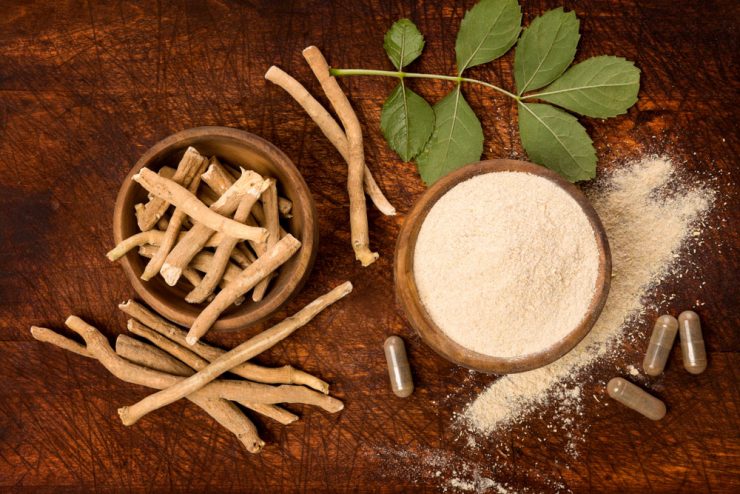






















Add comment